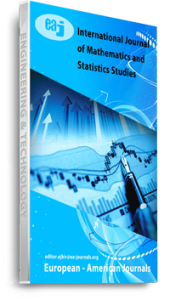In Nigeria, the continuous fall in students’ achievement in mathematics has been a major source of concern to policy makers and stakeholders in the nation’s education sector. A lot of measures taken over the years to reduce this trend have not produced the desired results. Some measures taken targeted solely on teachers’, and infrastructural improvement, without taking into consideration the measures to improve the learners’ characteristics for effective learning. Hence, the focus of this study was on the assessment of emotional intelligence and its relationship with students’ achievement in mathematics in Enugu Education zone, Enugu, Nigeria. The research questions and hypotheses used as guide to the study were three and two respectively.. The study adopted a correlation design. The population of the study comprised 4825 Senior Secondary School two (SS2) students in 25 government secondary schools in Enugu Education zone. The study had a sample of 483 SS2 mathematics students from six senior secondary schools in the study area. Multistage sampling consisting of simple random and stratified sampling techniques were used for selection of the schools and the subjects for the study. Youth version of emotional quotient inventory (EQ-i2.0) and a mathematics achievement test (MAT) were used for data collection. Data were analyzed using multiple linear regressions to answer the research questions, and test null hypotheses at 0.05 level of significance. The results revealed that there was a significant positive correlation between the components of emotional intelligence and students’ achievement in mathematics and the components, singly and jointly, contributed significantly to the variation in students’ achievement in mathematics.
Keywords: Achievement, Education, Emotional Intelligence, Mathematics, Students

